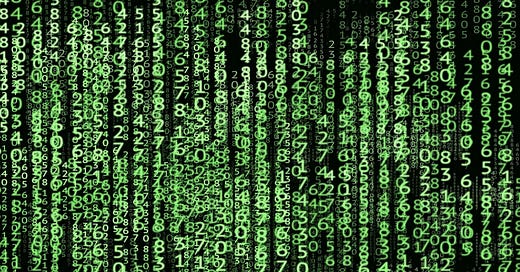If one was forcibly compelled to eat matza on Passover, he has fulfilled his obligation.
Who compelled him to eat the matza?
If we say that a demon forced him, i.e., that he ate it in a moment of insanity, this is difficult. Isn’t it taught in a baraita: With regard to someone who is at times sane and at times insane, at the times when he is sane, he is …
Keep reading with a 7-day free trial
Subscribe to What Is Called Thinking? to keep reading this post and get 7 days of free access to the full post archives.



